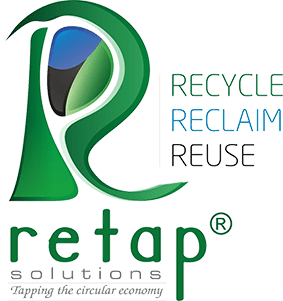Sanitary waste disposal has become an increasing problem in India as the plastic used in disposable sanitary napkins are not bio-degradable and lead to health and environmental hazards. The impact is more pronounced because of the unorganized ways of municipal solid waste management and poor community collection, disposal and transportation networks in the cities and villages. Further, one major issue of sanitary waste has always been their categorization, i.e., whether it is biomedical or plastic waste. Soiled napkins, diapers, tampons and blood-soaked cotton, which are household waste according to the Solid Waste Management (SWM) Rules, 2016, are being disposed after segregation into biodegradable and non-biodegradable components. However, the Bio- Medical Waste Management Rules, 2016 indicate that items contaminated with blood and body fluids, including cotton, dressings, soiled plaster casts, lines and bedding, are bio-medical waste and should be incinerated, autoclaved or microwaved to destroy pathogens. The lack of concern for sanitary waste management in our country is reflected in the fact that there is no reliable statistics on the subject. Due to the lack of segregation of waste, there is hardly any documentation in this area, so through instructions for handling and management of sanitary waste are essential. As per the study conducted in 2011, titled ‘Sanitary Protection: Every woman’s health right’ estimated that only 12% of the 335 million menstruating women have access to disposable sanitary napkins. Environment portal Down to Earth estimated that 432 million pads are disposed every month.
RS 101 INCINERATOR
Menstrual Hygiene Management (MHM) is an integral part of the Swachh Bharat Mission Guidelines (SBM-G). The MHM Guideline (Dec 2015) is issued by the Ministry of Drinking Water and Sanitation to support all adolescent girls and women. It outlines what needs to be done by state governments, district administrations, engineers and technical experts in line departments; and school head teachers and teachers.
As per MHM guidelines, ‘Safe disposal’ means ensuring that the process of destruction of used and soiled materials is done without human contact and with minimal environmental pollution and ‘Unsafe disposal’ means throwing used cloth into ponds, rivers, or in the fields exposes others in the area to decaying material and should be avoided.
Statutory Document : Sri-Adhava-Power-Soft-ISO-New-2019.pdf
Considering all the points in both the Statutory documents, we at Retap Solutions, have come up with a Unique “All in One Incinerator (RS101)” for Napkins, Baby Diapers, Adult Diapers, Masks, Thermocol, Carton Boxes, etc.

Can Incinerate Napkins, Diapers (Baby & Adult), Thermocol, Clothes, Cottons, Leaves, Papers, Carton Boxes, etc.
- Ensures complete burning of napkin.
- Ensures instant disposal scientifically and hygienically in a completely automatic process and burns completely.
- Burns 150 to 200 napkins/day, can be programmed for cycles/day
- Self-disposal by user by directly putting into the incinerator.
- Ash generation does not exceed more than 5% per napkin
- Ash is collected in a separate tray and ensures stack on that tray.
- Auto power & thermal cut-off and automatic temperature maintenance for safety of user.
- Made of electrical heaters & maintains the temperature between 800 degree – 950 degree. For efficiency of combustion, two stage temperatures are incorporated within the single chamber.
- Temperature is maintained at 200 degree for 6-10 minutes in the first stage; the temperature rises up to 800 degree – 950 degree, so that the moisture in napkins is removed in the 1st stage and efficient combustion takes place in the 2nd stage in the absence of moisture. An electronic device is installed to have the two sets of temperature to be maintained with a pre-specified time gap.
- Auto power & thermal cut-off and automatic temperature maintenance incorporated for safety of user.
- Inside refractory lining there is excellent heat retention to avoid thermal loss
- The residence time for gaseous products in the combustion chamber is designed to be at least 2 seconds to ensure complete combustion.
- Complies with norms specified by KSPCB, CPCB & General Emission Standards mentioned under Standard for incineration section in SWM Rules, 2016
Features:
- Built with MS (Mild Steel)
- Automatic and Works on Domestic Electrical Supply.
- Front Loading Type Portable/Movable type in Nature, which can easily place in small Corner of building.
- Capacity : 10kg ( Volumetric)
- Door : Fitted with Hinges & Handles for proper sealing to avoid heat loss
- Front Loading type
- MCB for safety
- Epoxy Powder Coated with 7 time process
- Heater Power – 3000 W
- Heater of high power makes the temperature rise quickly and improves the efficiency
- Big door open makes it convenient to load Solid Waste
- Easy removing Ash Collecting tray ensures cleanliness
- Three stage computer programmed control of sensor, Thermostat and timer gives long life for Heater and reduce the electricity consumption
- Double Wall Technology
- Fitted with hinges & handles for proper sealing to avoid heat loss
- Heater Power 3000 W
- Multilayer Insulation Done with Combination of Bricks & Ceramic Fiber Insulating blanket to avoid any heat loss.
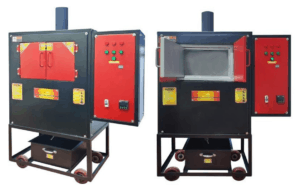
Dimension:
- H – 1000mm with stand
- L – 600mm
- B – 410mm
Few Prestigious Customers
- State Forest Service College, Coimbatore, Tamil Nadu
- Radio Astronomy Centre, Udhagamandalam (Ooty), Tamil Nadu
- Birla Institute Of Technology, Ranchi, Jharkand
- STC BSF Kharkan Camp, Hoshiarpur, Punjab
- Aga Khan Rural Support Programme, Muzaffarpur, Bihar
- Asha Child Development Project, Odisha
- Shri Rawatpura Sarkar Group of Institutions, Raipur, Chhattisgarh
- Greater Vizag Municipal Corporation, Visakhapatnam, Andhra
- Government Polytechnic College for Women, Coimbatore
- Adithya Birla Public School, Ariyalur. Tamil Nadu
- Building and Enabling Disaster Resilience of Coastal Communities (BEDROC), Nagapattinam, Tamil Nadu
- State Bank of India, Trichy
- Panchayath Union Middle School Alandurai & Iruttu Pallam
Other models to suit your daily requirements.
M LILLIPUT
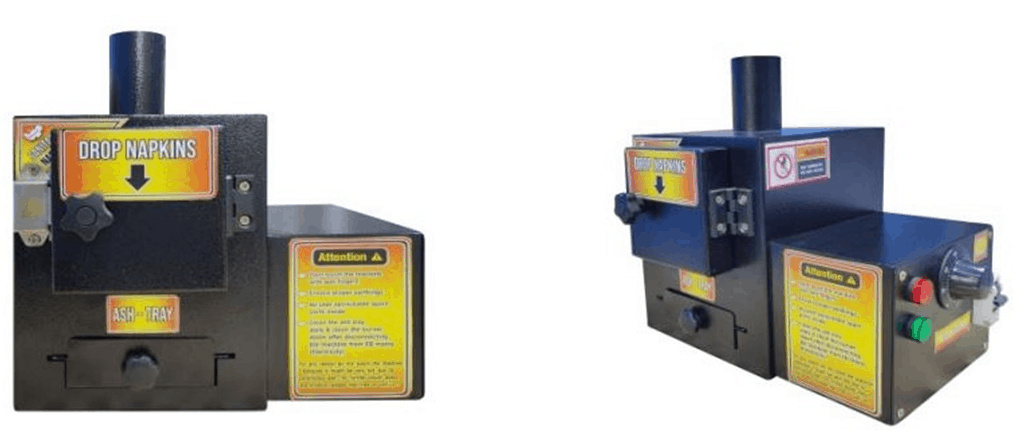
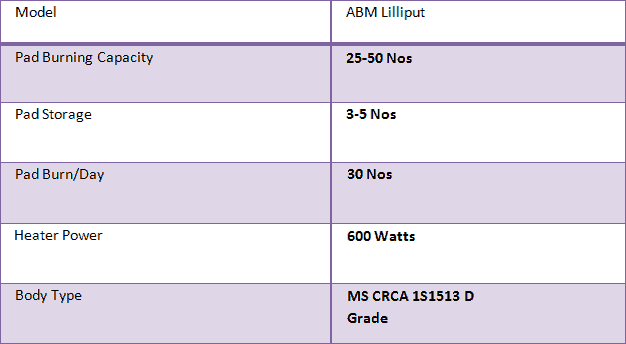
ABM HOSTEL
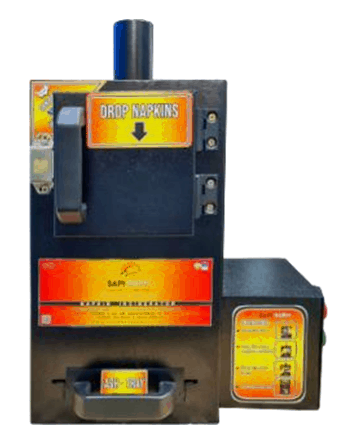
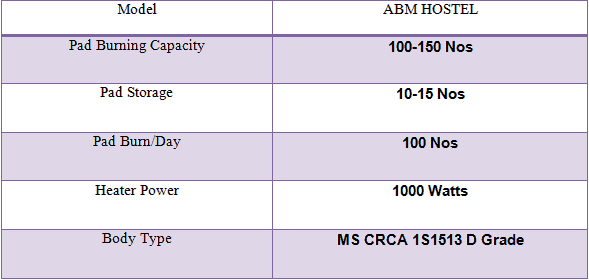
ABM 2.0
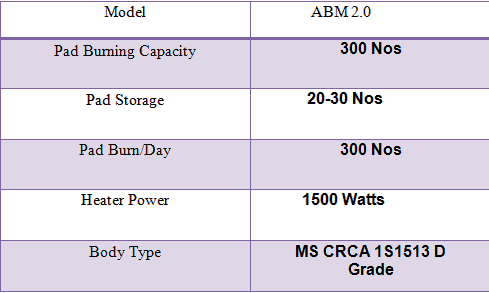

ABM UNIVERSITY
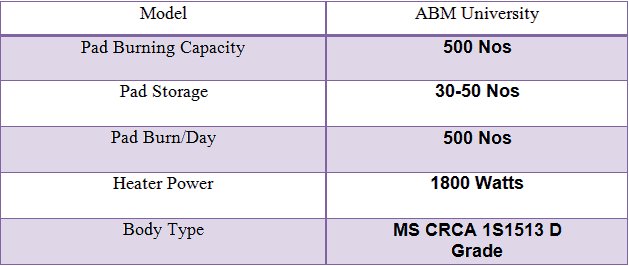
Models and Capacities


